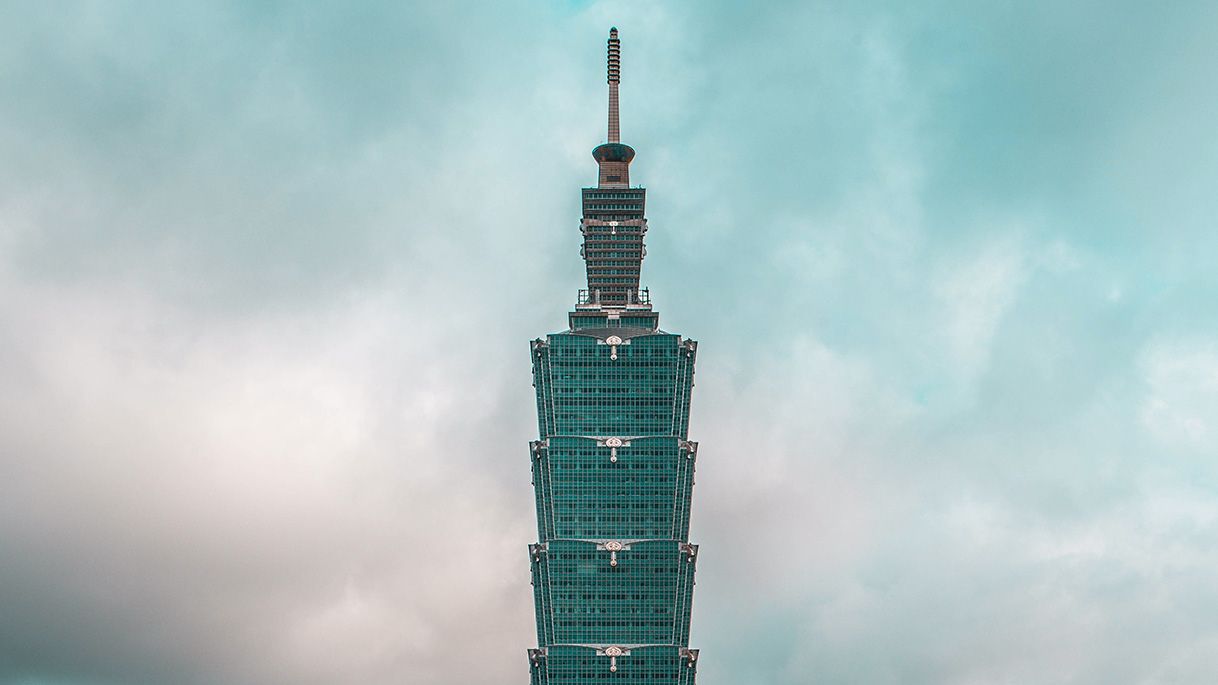Executive Brief

Taiwan Warns PLA
Taiwan Defense Ministry issues warning on PLA incursionsOn 6 March Defense Minister CHIU Kuo-cheng said Taiwan will not fire the first shot but will fire if Beijing enters Taiwan’s 12 nautical mile territorial waters. Chiu said, “China has changed the status quo of the Taiwan Strait by flying drones, aircraft, and balloons over our airspace, [and Beijing] could, without warning, break into our territorial sea baseline of 24 nautical miles and approach our territorial space of 12 nautical miles.”
Regarding US House Speaker Kevin McCarthy’s possible visit, Chiu said,
“Beijing has been looking for excuses, such as visits from high-ranking officials from abroad and frequent military exchanges between Taiwan and other countries, to intensify the military threat. It is constantly adjusting the size of its forces, waiting to respond whenever a situation calls for military action.Chiu also confirmed that Taiwan and the US are in talks to add Taiwan as another ammunition and equipment storage site for the US military in addition to Japan, South Korea, and the Philippines.
China’s Taiwan policyOn 5 March outgoing Chinese Premier LI Keqiang referenced the Taiwan issue in his final address to China’s National People’s Congress (NPC), reiterating Beijing’s One China position and its existing policy of “opposing Taiwan independence and promoting peaceful unification.”
Li’s remarks conveyed three main messages, according to Chinese media analysis:
- China’s Taiwan policy, the so-called Grand Strategy of the Party on Taiwan in the New Era, is “matured and consistent,” meaning China will stick to its own longstanding agenda and timetable on resolving the Taiwan issue unless something extraordinary happens.
- Peaceful unification is “in the interest of the entire Chinese nation,” implying China’s leadership understands a war will set back much of its current development and future prospects for growth and Taiwan will be destroyed.
- China will promote more cross-Strait economic and cultural integration, suggesting Beijing wants Taiwan to be more economically and culturally dependent on China.
- China’s Foreign Ministry noted that “China firmly opposes any form of official interaction between the US and Taiwan region,” but observers believe China’s reaction may be less dramatic than a McCarthy visit to Taiwan.
Pamir observed that Li’s NPC remarks also temporarily put an end to the debate of whether to cancel the free-trade agreement, ECFA, that the mainland and Taiwan signed in 2010.
Some Chinese officials had argued that ECFA helped Taiwan’s economy, indirectly supported the ruling independence-minded DPP, and enabled Taiwan to buy US arms. Other officials argued cancellation of ECFA would only further alienate the Taiwanese and put the pro-unification KMT in a more difficult position in the 2024 presidential election.
Taiwan’s Mainland Affairs Council (MAC) responded to Li’s remarks stating, “We once again call on Beijing to recognize the fact that Taiwan is not a part of China, and vice versa. They should respect the people of Taiwan for upholding national sovereignty and believing in freedom and democracy. Beijing should stop its united front propaganda, military threats, and imposing its political framework on Taiwan."
Tsai-McCarthy MeetingTaiwan President TSAI Ing-wen and Speaker McCarthy will meet in California in early April when Tsai makes “transit stops” during visits to Guatemala and Belize. Tsai’s national security team briefed McCarthy about the potential escalation of cross-Strait tensions if McCarthy visited Taiwan this spring.
An unnamed Taiwan senior official said McCarthy felt Taiwan’s concern was “reasonable” and that he instead agreed to meet with Tsai in the US. On 7 March McCarthy confirmed the California meeting and said this meeting does not preclude a trip to Taiwan “sometime later,” which appears will occur after Taiwan’s presidential election in early 2024.
On 8 March General Kenneth Wilsbach, commander of US Pacific Air Forces (PACAF), acknowledged to reporters at the Air & Space Forces Association Warfare Symposium that the US and its allies are planning and practicing for a war involving Taiwan and that PACAF units frequently practice dispersing crews and aircraft across “many, many islands” in the region. He said the US could “amass firepower” in the region, including armed unmanned air vehicles (UAVs), and mentioned that the latest US B-21 Raider strategic stealth bomber, which just rolled out last December, could be “very helpful in our mission here."
Download our recent executive brief to keep reading.